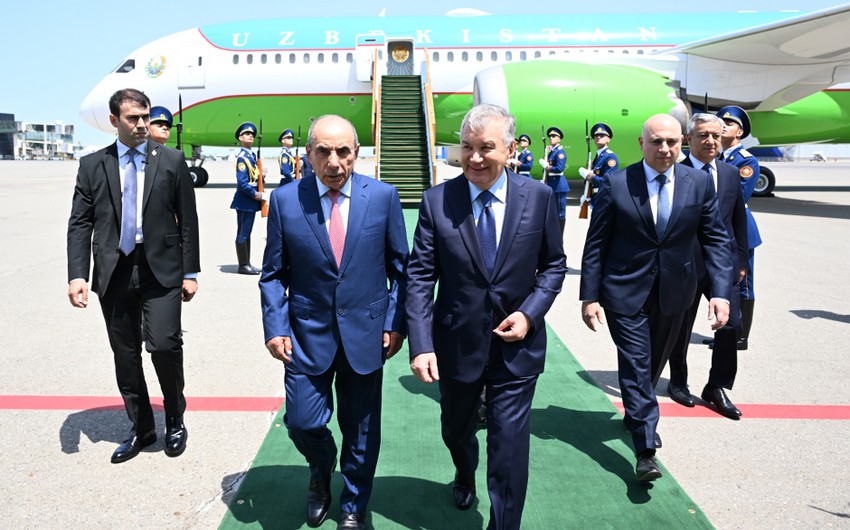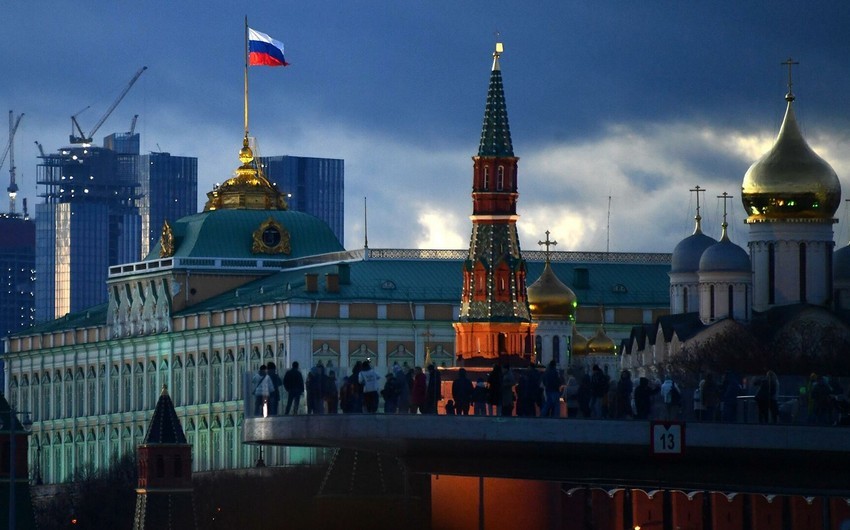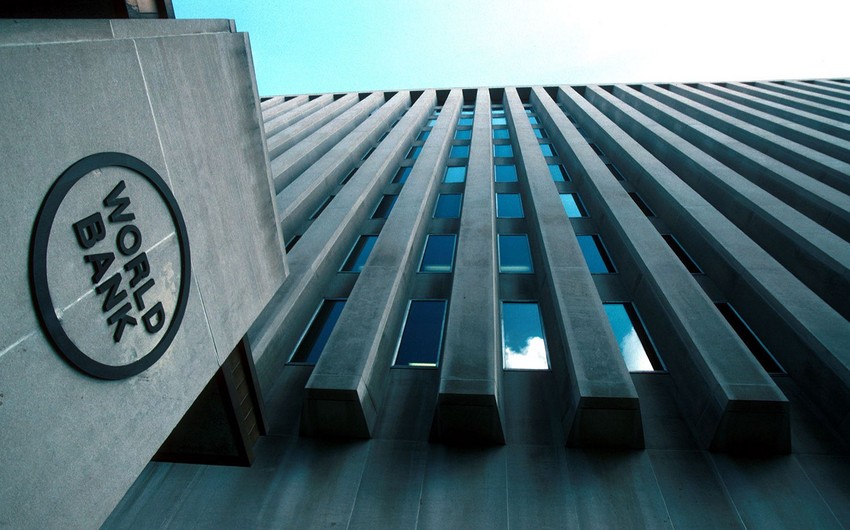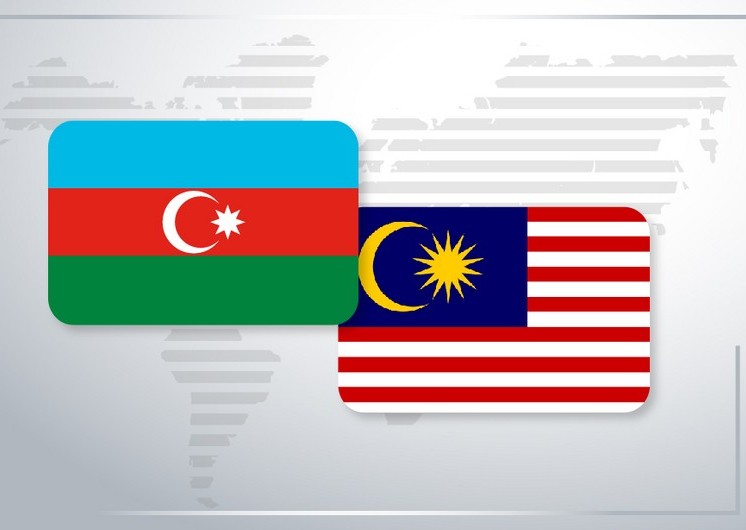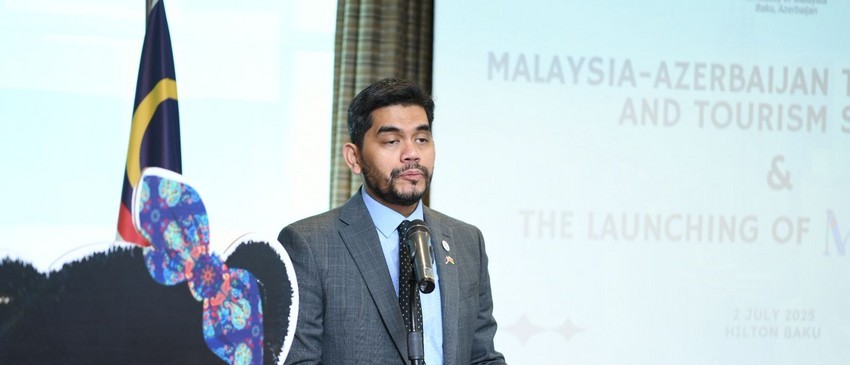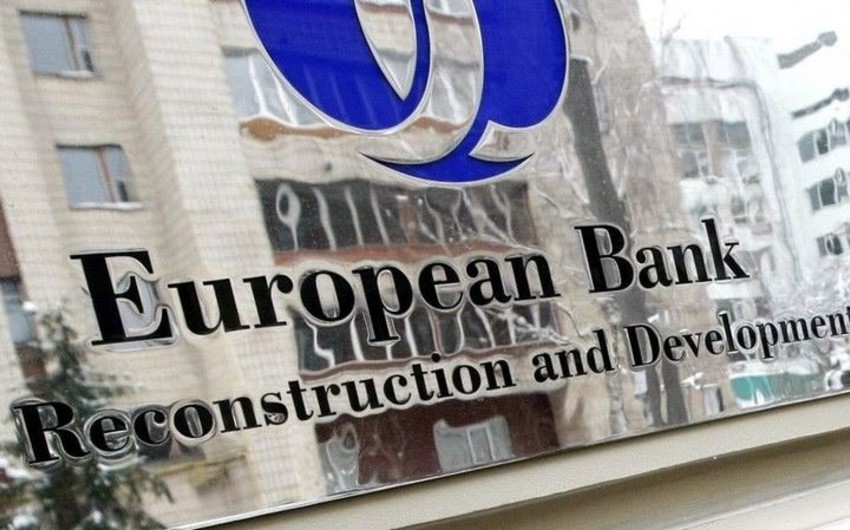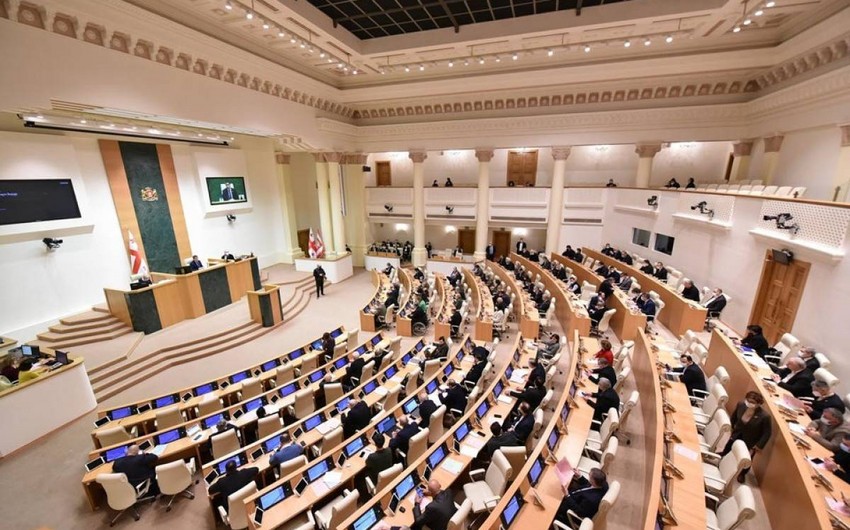Pakistan is committed to expanding its cooperation in the peaceful use of space, emphasizing the importance of equitable and non-discriminatory access to outer space.
EDnews inform that, this commitment was reaffirmed by Muhammad Yousuf Khan, Chairman of the Space and Upper Atmosphere Research Commission, during his address at the Space Technology Conference held in Baku. He highlighted the significant growth of the global space economy, which is projected to increase from $630 billion in 2023 to $1.8 trillion by 2035, driven by innovations in satellite communications, Earth observation, navigation, and artificial intelligence. Khan emphasized that space has become a foundation for economic competitiveness and sustainable development.
Khan also noted that Central Asia, with its developing technologies and economies, has the potential to play a crucial role in this new space era. He expressed Pakistan’s readiness to collaborate with regional partners to harness the benefits of space exploration for peaceful purposes.
Pakistan’s dedication to the peaceful use of outer space is further demonstrated by its active participation in international space initiatives. The country is involved in China’s Chang’e-6 lunar sample-return mission through its satellite, marking Pakistan’s first deep space mission. Additionally, Pakistan is collaborating with China on the Chang’e-8 mission to explore the lunar south pole, and has plans to send its first astronaut to China’s space station by 2026.
SUPARCO continues to prioritize international cooperation, maintaining active membership in various organizations such as the Asia-Pacific Space Cooperation Organization, the United Nations Committee on the Peaceful Uses of Outer Space and the United Nations Office for Outer Space Affairs. These collaborations facilitate joint projects, technology transfer, and capacity building in space science and technology.
Pakistan’s engagement in peaceful space exploration underscores its commitment to using space for the benefit of humanity, fostering international partnerships, and contributing to the advancement of global space capabilities.
Madina Mammadova\\EDnews


